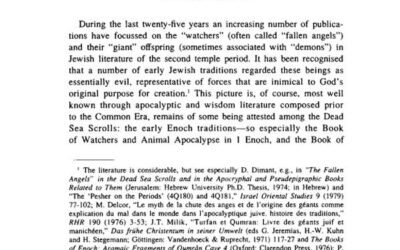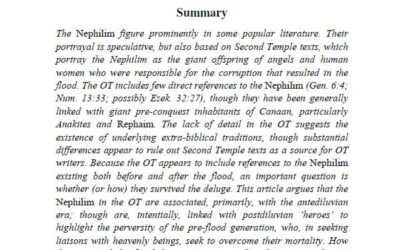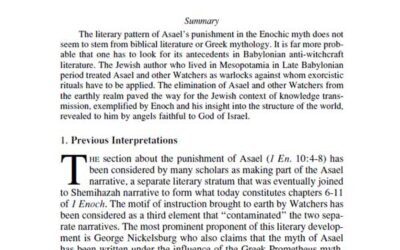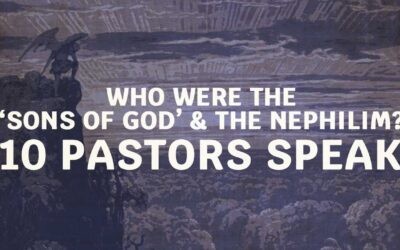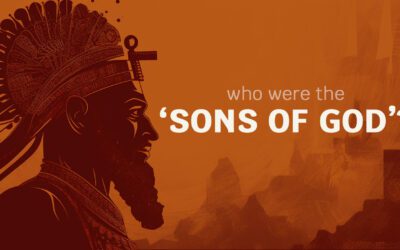In a thought-provoking research paper titled “Sons of God, Daughters of Man, and the Formation of Human Society in Nahmanides’s Exegesis”, Nina Caputo, an Associate Professor at the University of Florida, delves into the exegesis of this passage by Nahmanides, a prominent medieval Jewish exegete.
Let us explore Caputo’s findings and their implications.
Author Overview:
Nina Caputo is an scholar specializing in medieval Jewish history and interfaith relations in medieval Europe.
With a Ph.D. from the University of California, Berkeley, her expertise lends a comprehensive understanding of the historical context in which Nahmanides, also known as Ramban, formulated his unique interpretation.
Research Focus
Caputo’s paper focuses on Nahmanides’s unique interpretation of Genesis 6:1–4, a passage that has captivated scholars throughout history. In this biblical account, Nahmanides discerns two distinct groups of human beings: the “sons of God” and the “daughters of man.”
According to his analysis, the “sons of God” represent the righteous descendants of Seth, while the “daughters of man” are associated with the wicked descendants of Cain.
Key Points
By identifying the two distinct groups within humanity, Nahmanides explains that the intermarriages is the root of corruption and moral decay observed in society. This interpretation challenges the conventional understanding of the passage and highlights the significance of moral choices in shaping human civilization.
According to Nahmanides, the “sons of God” abandoned their commitment to righteousness by succumbing to the allure of physical beauty and power. Eventually, leading to an upsurge in violence, wickedness, and the deterioration of societal values.
Conclusion:
In contemplating Caputo’s research, one might ponder the implications of Nahmanides’s interpretation for our understanding of the nature of evil and the consequences of moral compromise. It opens avenues for further exploration and invites scholars and readers to engage in dialogue and critical thinking.
If you are interested in learning more of this topic, access our database of ancient sources and modern Christian commentators on Chasing the Giants. We encourage scholarly engagement and the pursuit of knowledge to unravel the mysteries of biblical narratives.

